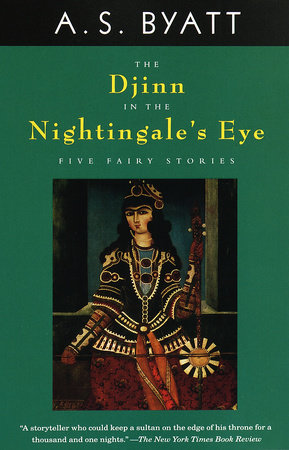
This entry puts the two types of prevailing approaches-one that evokes Scheherazade and one that foregrounds personal experience as a radical form of knowledge production-in conversation with one another. While some view Scheherazade as a compelling model for the power of women’s words to confront political tyranny and patriarchal misogyny, others consider her a problematic figure that conjures Orientalist attitudes toward the Arab East in general and women in particular. A notable subset evokes the image of Scheherazade from the Arabian Nights, as the stories of The Thousand and One Nights have come to be known in English. A prominent set of these works presents women’s personal narratives as antidotes to the misrepresentations about their lives.

Concomitant with this concern is a refrain about the need for Arab American women to tell their own stories as a type of narrative intervention that interrupts and ultimately shatters the many misconceptions about their lives. A recurring feature of this work is a concern that revolves around the differences these writers find between their life experiences and the stories that circulate about them in U.S.

The past two decades have produced a number of groundbreaking works on Arab and Arab American women writers.


 0 kommentar(er)
0 kommentar(er)
